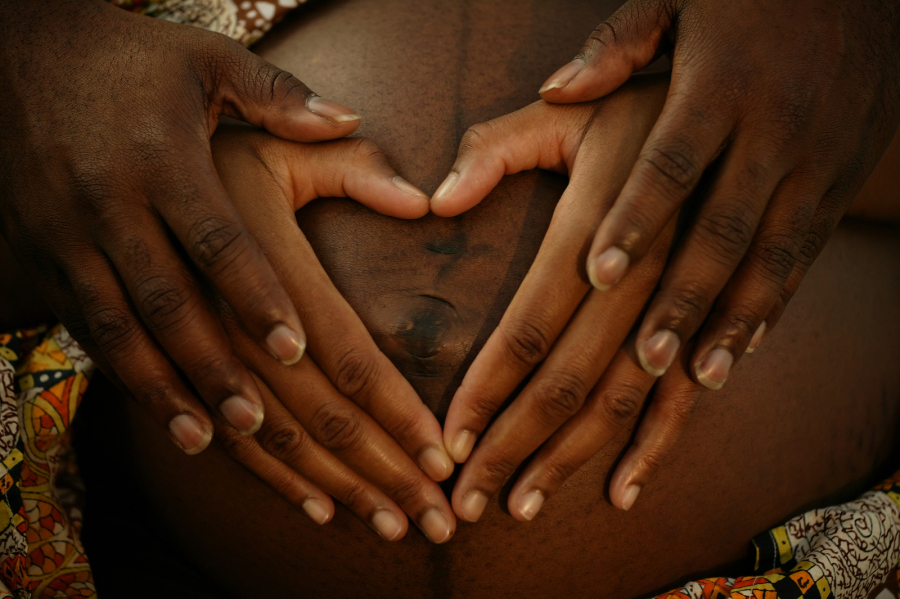Partners' mental health and well-being may be affected by holding their baby after stillbirth

Published on Tuesday, 23 January 2018 Post
A study by Julie Hennegan, Jane Henderson and Maggie Redshaw shows increased risk of depression and post-traumatic stress disorder (PTSD)-type symptoms in fathers who held their stillborn babies.
In this study, women were asked at nine months whether their partner had seen and held their stillborn baby after birth, and about their partners' subsequent wellbeing. Almost all fathers, 92%, saw their baby, and 82% held them.
At three months, partners who had held their stillborn babies had more than two-and-a-half times the risk of depression, and nearly twice the risk of PTSD-type symptoms compared to those who had not held their stillborn babies, even when comparing partners of similar characteristics. There was weaker evidence at nine months of a difference in outcomes between fathers who had held their stillborn baby and ones that had not, although a trend towards poorer outcomes remained.
You can read the study in the Journal of Reproductive and Infant Psychology.



